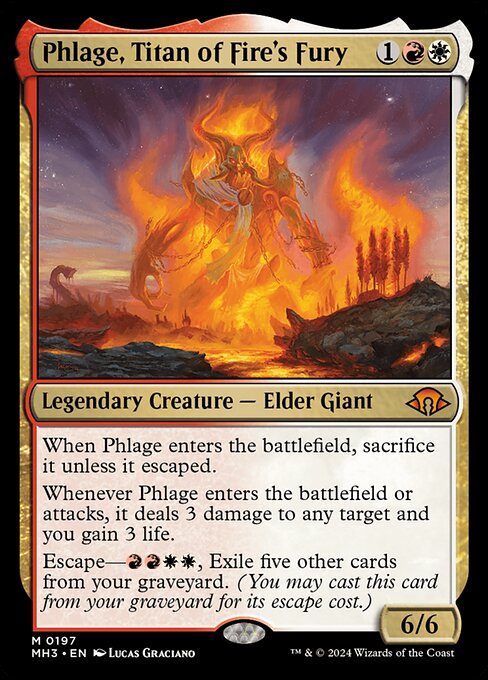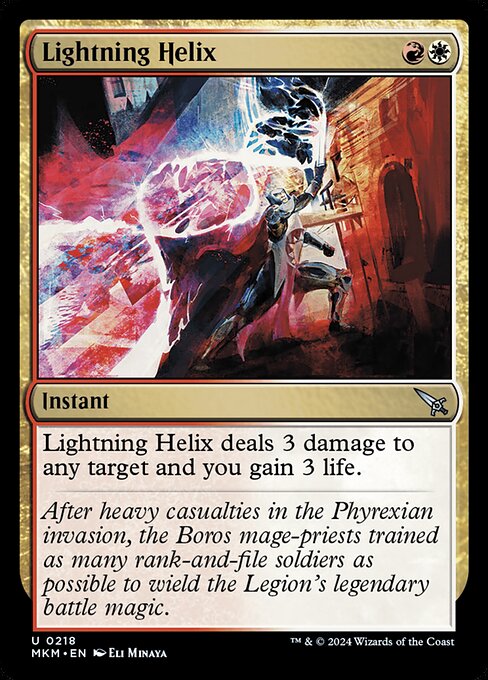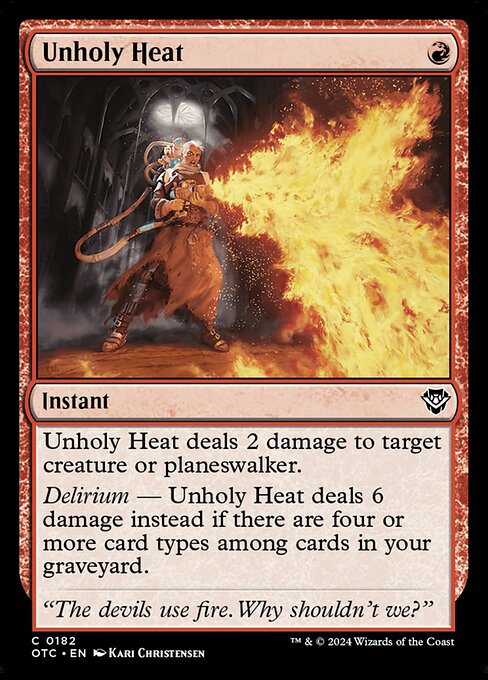Deck & Commander Strategies

Malcolm, the Eyes
A tempo deck focused on using burn spells, clues, and efficient creatures alongside counterspells to apply pressure and disrupt opponents. It aims to chip away at life totals while maintaining card advantage through surveilling and clues.

Phlage, Titan of Fire's Fury
A midrange deck combining lifegain, removal, and board control elements. It uses creatures with transformational abilities and board wipes to stabilize the board, gain incremental advantage, and outlast aggressive strategies.
Gameplay Insights
- 1
The use of Defening Clarion as a board wipe was a pivotal moment that reset the board state and favored the midrange approach.
- 2
Phlage’s transformation creatures forced Malcolm’s player to carefully decide when to commit resources or trade, often disrupting tempo plays.
- 3
Malcolm’s reliance on clues and surveilling helped maintain card advantage but at the cost of tempo, which was exploited by Phlage’s removal spells.
- 4
Balancing tempo aggression with counterspells and burn proved challenging against Phlage’s steady midrange buildup and lifegain.
- 5
The matchup demonstrated the difficulty of tempo decks in overcoming resilient midrange decks that can stabilize with board wipes and value creatures.
Notable Cards
-

Malcolm, the Eyes
-

Phlage, Titan of Fire's Fury
-

Lightning Helix
-

Unholy Heat
Gameplay Summary
The duel between Malcolm, the Eyes and Phlage, Titan of Fire's Fury, showcased a clash of tempo versus midrange lifegain strategies.
Malcolm’s player focused on a tempo-oriented game plan leveraging counterspells, burn spells, and efficient creatures to maintain pressure and disrupt the opponent.
Early plays included establishing clues, surveilling lands, and casting Malcolm himself to chip away at life totals.
Phlage's deck, on the other hand, utilized a midrange approach with removal, board wipes like Defening Clarion, and value creatures such as Johani, which could transform and generate tokens, forcing Malcolm's player to respond carefully to maintain tempo and board presence. Key turning points included a well-timed Defening Clarion that cleared the board, shifting the tempo advantage, and Phlage's use of removal spells and creatures to control Malcolm's threats.
Despite Malcolm's attempts to maintain pressure with clues and burn triggers, Phlage's resilience and lifegain ultimately prevailed, culminating in Malcolm conceding after being outmaneuvered.
The second game began with similar strategic exchanges, highlighting Malcolm's tempo style clashing with Phlage's reactive midrange tactics, but the first game already demonstrated the power of Phlage's midrange elements against a tempo deck reliant on incremental advantages.























